Twitter Expands Warning Labels To Slow Spread of Election Misinformation
Enlarge this image
Twitter will add more prominent labels to misleading tweets from U.S. politicians and other high-profile users. Other users won’t be able to read them until they click past a warning screen.
hide caption
toggle caption
Enlarge this image
Twitter will hide misleading tweets behind warning screens, similar to the ones it has used for posts that break its rules but are left up because of public interest.
Screenshot by NPR
hide caption
toggle caption
Screenshot by NPR
2020 Election: Secure Your Vote
When The Voting Is Done: Facebook, Twitter On ‘High Alert’ For Post-Election Threats
The expanded use of warning labels is likely to have a visible impact on one of Twitter’s most prolific and controversial users: President Donald Trump. He has repeatedly made false claims, including about mail-in voting, that Twitter has labeled as misleading. Under the new policy, more of his posts could be hidden behind warning labels and have their views reduced.
With less than a month to go until election day, social media companies are increasingly alarmed at the potential their platforms will be used to manipulate or intimidate voters, or undermine the legitimacy of the election.
Technology
Facebook Vows To Crack Down On Voter Intimidation In Election
Both Twitter and Facebook have struggled to curb the viral spread of misinformation and hoaxes, which often proliferate widely before fact checks and corrections can catch up.
There are some lines Twitter says users cannot cross. On Friday, the company clarified that it would take down posts that try to interfere with the election process or its aftermath, including calls for «violent action.
Technology
Twitter’s New Rules Aim To Prevent Confusion Around The 2020 Vote
It gave more details on plans to label posts that claim victory before election results are final. It will direct users to official information about the election, and only consider a race «authoritatively called if it has been announced by state election officials or in independent, public projections from at least two «authoritative, national news outlets.
Earlier this week, Facebook said it too would crack down on voter intimidation, including removing posts that use «militarized language in urging people to monitor polling places. Concerns have been growing over possible confrontations after Donald Trump Jr., the president’s son, posted a video on social media calling for people to join an «Army for Trump. Facebook also plans to label premature claims of victory.
Enlarge this image
Before users can retweet something labeled as misinformation, they will see an alert that the tweet is «disputed and linking to «reliable information.
hide caption
toggle caption
Before users can retweet something labeled as misinformation, they will see an alert that the tweet is «disputed and linking to «reliable information.
Other measures Twitter announced on Friday encourage users to think before posting. If a user tries to retweet something labeled as misinformation, she will be shown an alert directing her to «credible information about the topic before she can continue.
The changes to how misleading information is displayed and shared — whether from high-profile figures or everyday users — go into effect next week and are permanent.
Some additional restrictions will take effect on October 20 and extend at least until the end of election week.
During that time, Twitter will temporarily prompt users to «quote tweet — adding their own commentary — rather than simply retweet a post. It will also stop recommending tweets from people users do not already follow, a step meant to slow viral amplification.
And it will make changes to the trends it recommends to U.S. users, adding a description to explain why a given term is trending.
«This will help people more quickly gain an informed understanding of the high volume public conversation in the U.S. and also help reduce the potential for misleading information to spread, the company said.
- election misinformation
- election
- social media
Обсудим?
Смотрите также:

